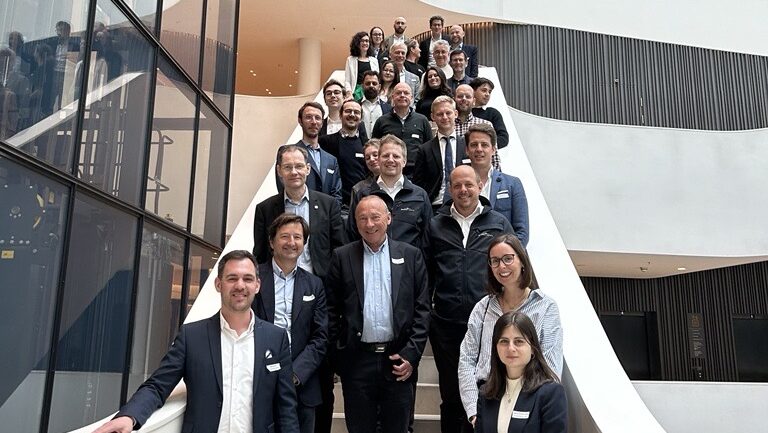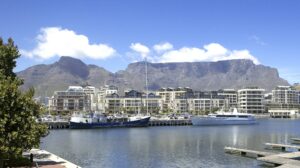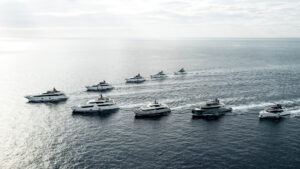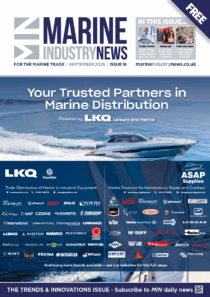British Marine welcomes decarbonisation report
 All photos courtesy of British Marine.
All photos courtesy of British Marine.
British Marine has welcomed the Climate Change Committee’s publication of Carbon Budget 7 (CB7), which outlines a clear decarbonisation pathway for the marine, maritime and shipping sectors for the first time.
Crucially for the UK’s leisure marine industry, the CCC has formally recognised the need for access to biofuels as an essential transitional fuel to help decarbonise the sector, reflecting input from British Marine and its members.
The Climate Change Committee (CCC) is an independent body advising the UK and devolved governments on climate change under the Climate Change Act (2008).
CB7 addresses the period 2038-2042, presenting a balanced approach to reducing emissions across marine sectors. For the leisure marine sector, the CCC notes: “By 2050 in the Balanced Pathway, half of the inland waterways and leisure vessel fleet decarbonises by switching to electric drive technology which is already being deployed today. The other half of this fleet switches to biofuels.”
This acknowledgment is significant for the leisure marine sector, where existing long-lifespan vessels require low-carbon fuel alternatives during the development of decarbonisation technologies. Biofuels, compatible with existing engines with minimal modification, serve as a transitional solution.
British Marine provided the CCC with data and evidence sourced from collaborations with members such as Princess Yachts, supporting the International Council of Marine Industry Associations (ICOMIA) in the “Pathways to Propulsion” research project.
The project established an environmental evidence base for alternative fuels, including biofuels, in the global leisure marine sector. The project’s final report, which highlighted the UK’s leisure fleet’s challenges and opportunities, was submitted to the CCC with the aim of influencing CB7’s recommendations.
Joe Lynch, ICOMIA‘s CEO, says: “This is a powerful example of the leisure marine industry working together across borders to ensure policy is grounded in real-world data and technical evidence. British Marine’s proactive contribution ensured the UK leisure marine sector’s specific needs, with its unique characteristics, were understood and considered.
“This outcome underlines the importance of long-term, collaborative projects like Propelling Our Future, where industry and policy can align to build realistic pathways to net zero.”

Lesley Robinson, British Marine’s chief executive officer, adds: “This is a fantastic example of the vital work British Marine does on behalf of its members. By bringing together industry knowledge, technical expertise and global collaboration, we ensured that the CCC understood both the opportunities and the challenges the leisure marine sector faces on the journey to net zero. This recognition of biofuels is a direct result of that hard work — and it means we have secured a practical, evidence-led pathway that will support our industry’s sustainable future.”
British Marine also collaborates with members on the Blue Boat Horizon project—a partnership with the European Boating Industry (EBI), ICOMIA, and the National Marine Manufacturers Association (NMMA)—to develop an industry-led Life Cycle Assessment (LCA) methodology. This methodology aims to assist marine businesses in meeting future environmental product legislation by integrating sustainability throughout the product lifecycle.











